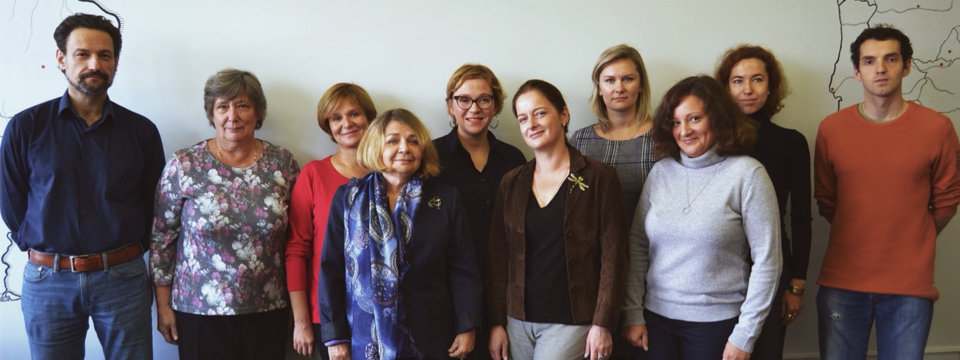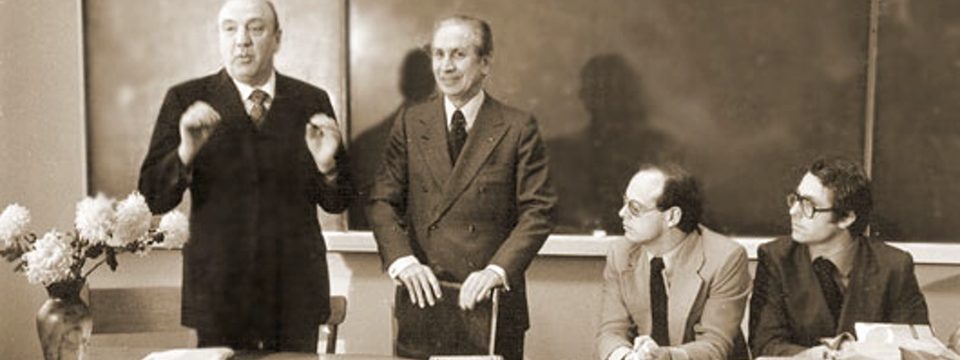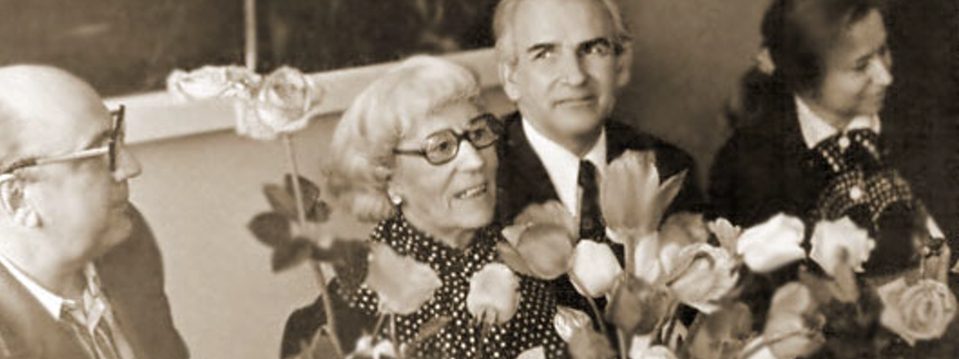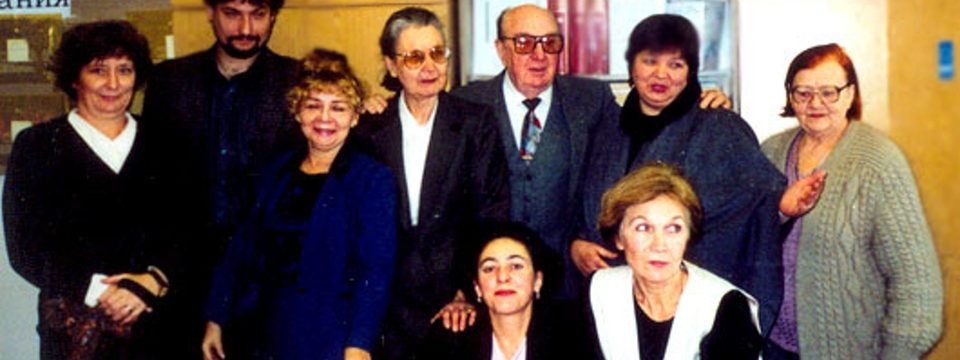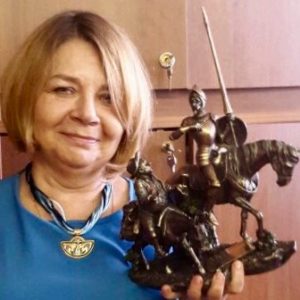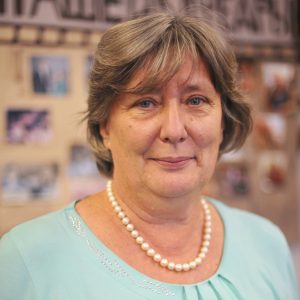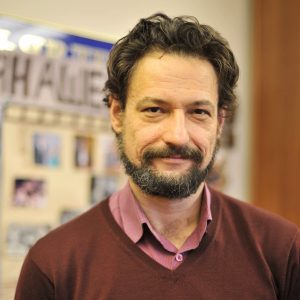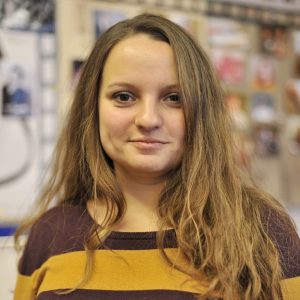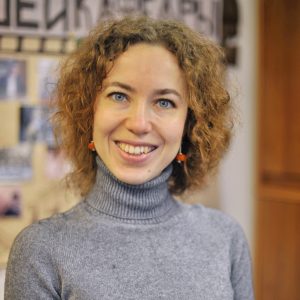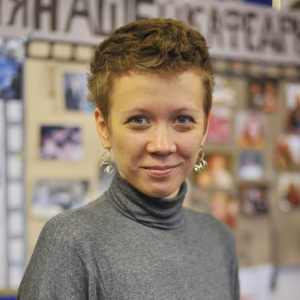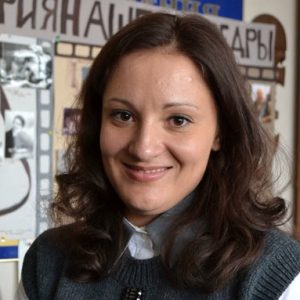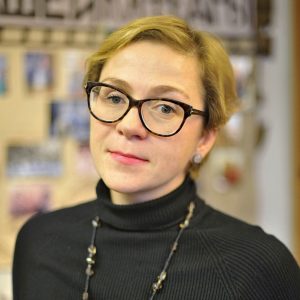It is said that Ibero-Romance studies came to the University of Moscow with M. V. Lomonosov. However, the wide study of Spanish itself began much later on. In 1945, a specialization in Spanish was introduced in the Romance-Germanic section of the philological faculty, and 1948 was the year of the establishment of the Department of Spanish and the enrollment of the first students to study Spanish. The head of the department was E. I. Levintova, a well-known researcher of the Spanish language and author of many scientific works, including the first Russian-Spanish phraseological dictionary. From 1948 to 1977 Spanish was taught by María-Luisa González, a graduate of the University of Madrid and disciple of Miguel de Unamuno; she became a symbol of Spain for her students. Later on E. M. (Volf), a graduate of the university, joined the department and later on became a well-known specialist in Ibero-Romance and Portuguese studies.
Starting from 1964, Portuguese became on the languages taught at the department, but at first students could only study it as their second language. The department was joined by more and more of its graduates: N.A. Guschina, Y.B. Korshunova, T.D. Zmeeva, O.M. Mungalova, N.G. Sulimova, Y.L. Obolenskaya, L.K. Martynova. The great Russian academic V.S. Vinogradov, one of the most well-known researchers of Spanish and the author of more that a hundred academic and methodical works on Spanish grammar, linguistics, lexicology, the study of translation and comparative linguistics, became head of the first Department of Ibero-Romance Studies. In 1978, thanks to the initiative of the then Spanish Ambassador to the USSR, J. A. Saramanch, students started studying Catalan, which was taught by I. O. Bigvava, a well-known educator and the author of the first Catalan textbook in Russia.
The next few years, from 1978 to 1983, the department was lead by L.N. Stepanova, who followed the traditions established by E.I. Levintova and M.L. González. From 1996 to 2008 O.M. Mungalova was head of the department, whose unique specialization was Spanish colloquial speech. Since 2008 the department is ran by Y.L. Obolenskaya, a specialist famous in Russia and abroad for her works on Spanish, the study of translation and Spanish-Russian language and cultural connections.
The Spanish theatre has existed since the very first years of the department’s existence. In various years students and professors have turned to classical and contemporary Spanish works of literature, embodying them on-stage. From 2003, Y.A. Karpova has been running the theatre, and in 2013 A.A. Nevokshanova joined her. The troupe of the theatre consists of pre- and post-graduate students, as well as PhD students. Every year the Spanish theatre brings joy to its viewers with its plays. Here are some of the most prominent ones: “The House on Hortaleza St” (2012), “Maribel and the Strange Family” (2013), “Suicide Prohibited in Springtime” (2014), “Five Hours With Mario” (2015), “The Dog in the Manger” (2016), “Eloisa Is Under an Almond Tree” (2017), “Trees Die Standing Tall” (2018).

